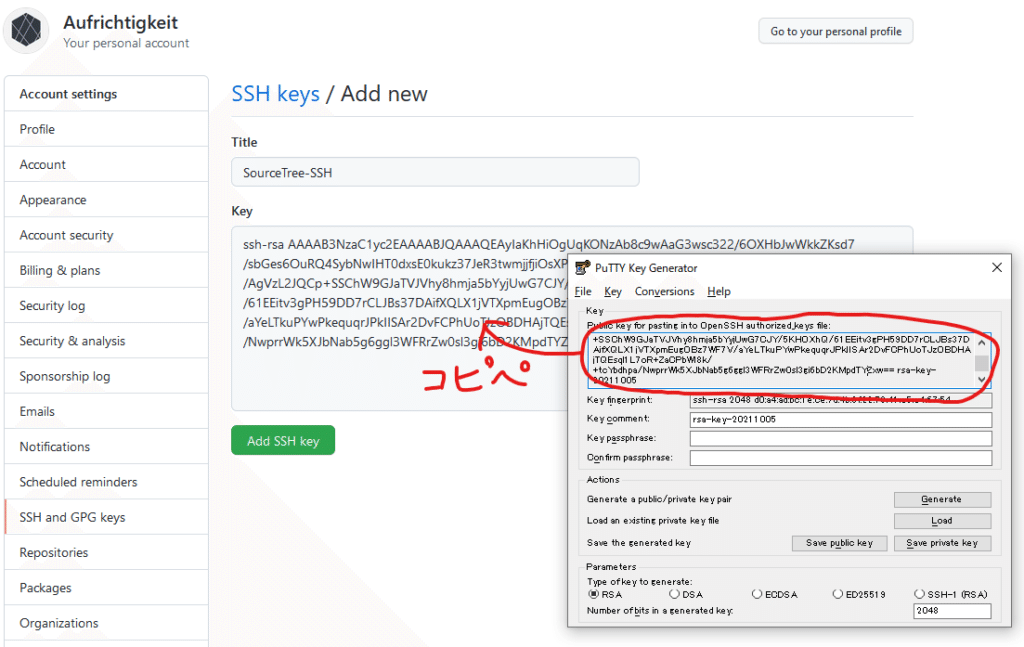

Leave it blank to stick with the default. You can choose another storage location if you wish or rename the file by entering a new file path to save the key. For our example, we will create an ED25519 key, but you can create other keys such as an RSA.Ĭreate a new SSH ED25519 key, giving it a useful comment: ssh-keygen -t ed25519 -C "Git-Demo"īy default, the file will be stored in your local user’s SSH repository in Windows. Using a command line tool such as Bash or PowerShell, you should be able to follow these steps to create a local SSH key pair. Setting up an SSH Key Pair to Access a Git Remote Provider To avoid needing to restart your system to get the service running for the first time, execute this command: start-ssh-agent.cmd Using an elevated PowerShell window (run as admin), execute the following command to install the SSH-Agent service and configure it to start automatically when you log into your machine: Get-Service ssh-agent | Set-Service -StartupType Automatic -PassThru | Start-Service
SOURCETREE GITHUB SSH HOW TO
How to Install the SSH-Agent Service in Windows We will use a GitLab repository for this article however, the process will be similar for other Git management providers. A remote Git repository that you wish to access.


Once set up as a service that stores your various SSH keys, this can facilitate authentication without entering a password each time, removing the irritation of entering a password every time you wish to push/pull/etc. SSH-Agent and OpenSSH are tools in Windows that can be used to authenticate to remote Git repositories, such as GitLab, GitHub, Azure DevOps, etc.


 0 kommentar(er)
0 kommentar(er)
